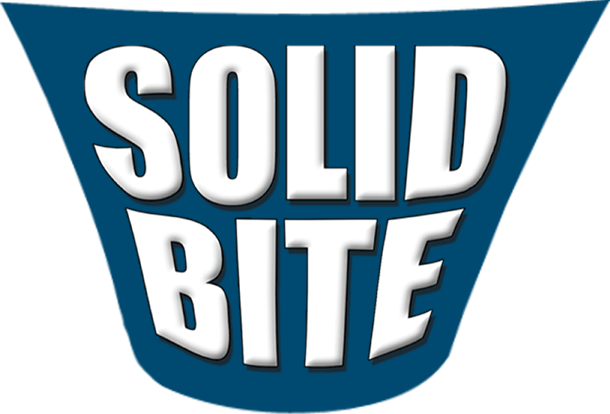Dr. Lee Sheldon
Last month, we wrote about “fractured calculus” that could be left on the root surface during a scaling procedure for periodontal disease. But there’s more to it than that. The rough shards of fractured calculus have holes like Swiss cheese within them. These holes have a scientific name, “lacunae.” The lacunae are not empty. They are filled with disease-causing bacteria that cause periodontal disease. The fractured calculus with bacteria-filled lacunae is in direct contact with ulcerated gum tissue. So essentially there is a direct line from the bacteria through the ulcer into your bloodstream.
Let’s go over just a few of those bacteria:
Porphyromonas gingivalis (Pg)–This is a big one. Pg has been associated with increased risk for atherosclerosis, cardiovascular disease, stroke, Alzheimer’s disease, and dementia.
Treponema denticola–This bacteria is linked to pancreatic and esophageal cancer
Fusobacterium nucleatum/periodontium– This bacteria and Pg often precede the onset of symptoms of rheumatoid arthritis.
A special effort, therefore, needs to be made to identify and remove fractured calculus.
How do you know that special effort is occurring? One is the use of hand instruments, the “scraping” instruments the hygienist uses to “plane the root” to get the fractured calculus off. The hygienist will make several strokes on each part of each tooth to remove the fractured calculus. You’ll hear the sound of the planing as it’s being done. While ultrasonic instruments make the removal of gross calculus easier and more efficient, hand instruments are nearly always used to remove the underlying fractured calculus.
The best way to know that fractured calculus is gone is that, at a subsequent visit, the periodontal pockets have shrunk and there is no longer any bleeding when probing. If not, more advanced treatment and/or referral to a periodontist may be necessary to achieve health.
Lee N. Sheldon, DMD
3912 W Eau Gallie Blvd.
Melbourne, FL 32934
(321) 259-9980
www.DrLeeSheldon.com
www.SolidBite.com




